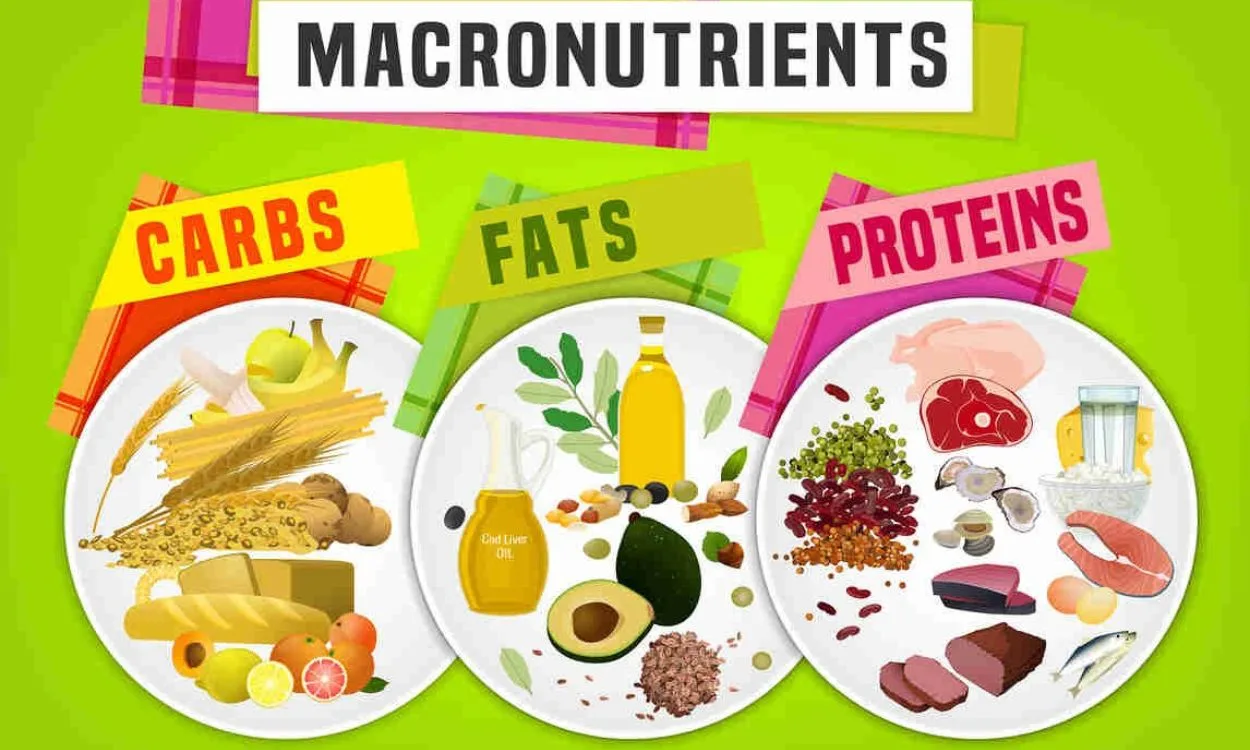Can Weight Gain be Achieved Through a Combination of Macronutrients?
Are you looking to gain weight and build muscle? Many people focus on weight loss, but for some individuals, gaining weight can be just as challenging. While weight gain is often associated with consuming excess calories, it is important to understand the role of macronutrients in achieving this goal. In this article, we will explore whether weight gain can be achieved through a combination of macronutrients.
Understanding Macronutrients
Macronutrients are the three main nutrients required by the body in large quantities: carbohydrates, protein, and fats. Each macronutrient plays a unique role in our bodies and has a different effect on weight gain.
- Carbohydrates: Carbohydrates are the primary source of energy for our bodies. They are found in foods such as grains, fruits, and vegetables. When consumed in excess, carbohydrates can lead to weight gain, as the excess energy is stored as glycogen or fat.
- Protein: Protein is essential for muscle growth and repair. It is found in foods such as meat, poultry, fish, dairy products, legumes, and nuts. Consuming enough protein is important for stimulating muscle protein synthesis, which is crucial for gaining muscle mass.
- Fats: Fats are a concentrated source of energy and are necessary for several bodily functions. They are found in foods such as oils, nuts, seeds, and fatty fish. While consuming too much fat can lead to weight gain, incorporating healthy fats into your diet can support overall health and provide a source of energy.
The Role of Macronutrients in Weight Gain
Weight gain occurs when you consume more calories than you burn. While macronutrients are a source of calories, it is important to focus on consuming the right balance of macronutrients for healthy weight gain.
- Calorie Surplus: To gain weight, you need to consume more calories than your body burns. This can be achieved by increasing your overall food intake and ensuring a calorie surplus. While all macronutrients provide calories, it is important to focus on nutrient-dense foods to support overall health while gaining weight.
- Protein for Muscle Growth: Consuming an adequate amount of protein is crucial for gaining muscle mass. When combined with resistance training, protein helps stimulate muscle protein synthesis, leading to muscle growth. Aim to include a source of protein in each meal and snack throughout the day.
- Carbohydrates for Energy: Consuming carbohydrates provides the energy needed for physical activity and supports muscle glycogen stores. Including complex carbohydrates such as whole grains, fruits, and vegetables can provide a steady source of energy while supporting overall health.
- Healthy Fats: Incorporating healthy fats into your diet can provide essential fatty acids and support overall health. Additionally, fats are a concentrated source of calories, which can contribute to weight gain. Include sources of healthy fats such as avocados, nuts, and olive oil in your diet.
Achieving Weight Gain with a Combination of Macronutrients
To achieve weight gain, it is essential to focus on a balanced diet that includes a combination of macronutrients. Here are some tips to help you gain weight effectively:
- Calorie Tracking: Keep track of your daily calorie intake to ensure you are in a calorie surplus. Use a food diary or tracking app to monitor your food consumption accurately.
- Protein Intake: Aim to consume 1.2-2 grams of protein per kilogram of body weight daily. Include lean sources of protein such as chicken, fish, eggs, and legumes in your meals and snacks.
- Carbohydrate Selection: Choose complex carbohydrates such as whole grains, fruits, and vegetables. These provide essential nutrients while supplying the energy needed for physical activity.
- Healthy Fats: Incorporate sources of healthy fats into your meals, such as avocados, nuts, seeds, and olive oil. These can increase your calorie intake while providing essential fatty acids.
- Meal Planning: Plan your meals and snacks in advance to ensure you are meeting your nutritional needs. Include a variety of foods from different food groups to ensure a well-rounded diet.
Introducing Fitpaa: Your Personalized Weight Gain Solution
If you are struggling to achieve weight gain on your own, Fitpaa can be a valuable tool to help you reach your goals. Fitpaa offers personalized weight gain plans that take into account your unique needs, lifestyle, and goals.
- Metabolism Assessment: Fitpaa starts by assessing your current metabolism to identify the root cause of your weight gain challenges. This assessment helps determine the best approach to optimize your metabolism for effective weight gain.
- Personalized Fitpaa Capsule: Based on your metabolism assessment, Fitpaa prepares a personalized weight gain plan called the Fitpaa Capsule. This includes a combination of medical therapy, medical exercise therapy, medical nutrition therapy, and cognitive behavior therapy.
- Daily Guidance and Support: Fitpaa provides real-time guidance and support through its mobile app. The app includes features such as virtual workout trainers, diet tracking, performance tracking, and progress tracking. Fitpaa’s team of fitness planners, nutritionists, fitness trainers, and doctors regularly review your progress to make necessary adjustments.
- Guaranteed Results: Fitpaa is committed to helping you achieve your weight gain goals with a 100 percent guarantee. If you don’t get the promised results by the end of your Fitpaa subscription, you’ll receive a full refund.
If you are ready to take control of your weight gain journey with a personalized approach, download the Fitpaa app today and start your transformation.
In conclusion, weight gain can be achieved through a combination of macronutrients. Consuming a calorie surplus, focusing on adequate protein intake, including complex carbohydrates, and incorporating healthy fats into your diet can support effective weight gain. If you need additional guidance and support, Fitpaa provides a personalized solution to help you achieve your weight gain goals.









